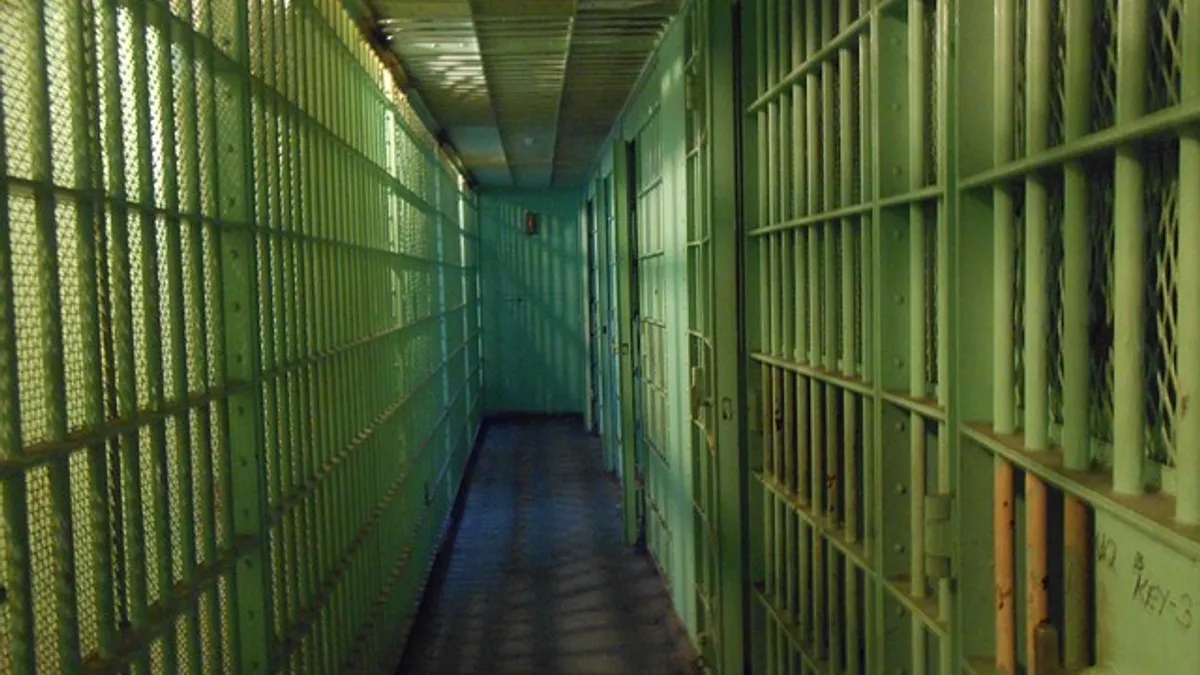Dive Brief:
- Administrators can implement more productive forms of discipline by utilizing strategies based on cognitive behavior therapy principles, according to Parsippany Troy Hills School District (NJ) psychologist Alex Fertig and Cognitive Health Solutions psychiatrist Ray W. Christner.
- Writing for District Administration, Fertig and Christner write that understanding how a student's situation, thoughts, physiology and behaviors impact their situational responses can help keep them from leaving a principal's office more upset than they arrived, and that confronting their underlying perceptions can help address those responses.
- One tactic principals may utilize is focusing on and encouraging the student's positive behavior and attributes, citing prior interactions with them, to calm them — though the two psychologists also note that they aren't suggesting principals act as mental health professionals, and that these interventions are best served in collaboration with school psychologists and counselors.
Dive Insight:
Greater attention to the school-to-prison pipeline — a phenomenon that has seen a particularly disproportionate number of students of color funneled into the criminal justice system over minor infractions via "zero-tolerance" discipline policies — is resulting in a rethinking of approaches to student behavioral discipline. Approaches that have contributed to the pipeline ultimately haven't addressed the underlying behavior, and class time lost as a result of related suspensions and expulsions have only contributed to recidivism and drop-out rates.
One popular approach among schools and districts has been restorative justice, which uses intra-student communication to resolve issues instead of referring them to school resource officers. While these approaches have been shown to lower suspensions and expulsions, data measuring long-term benefits is harder to come by.
And in some cases, those in the legal system have made their own efforts to stop the trend. In Mississippi, for example, Jackson County Youth Court Judge Sharon Sigalas has cracked down on the school-to-prison pipeline with annual letters detailing the limited reasons students can be referred to her and suggesting they address minor behavioral violations regarding things like dress codes themselves.








 Dive Awards
Dive Awards






